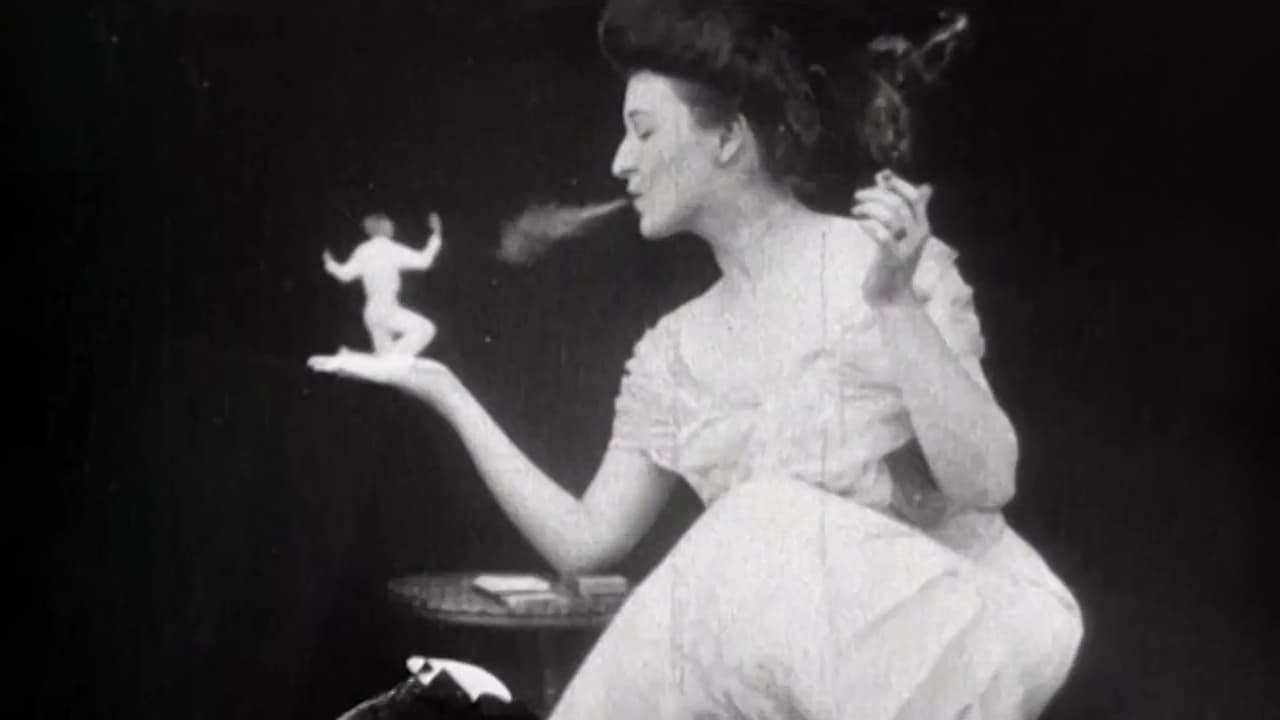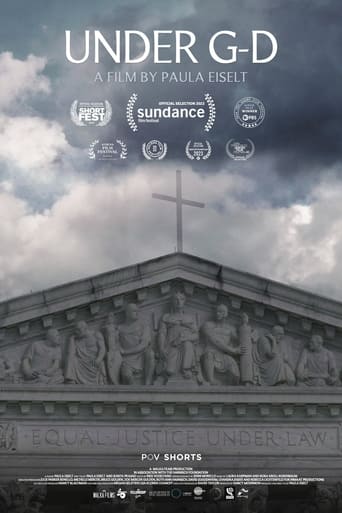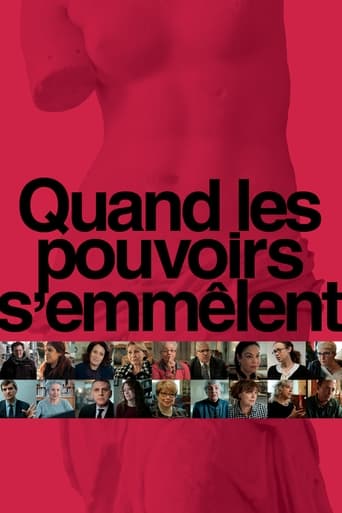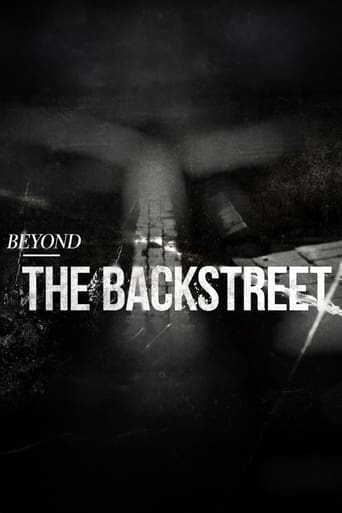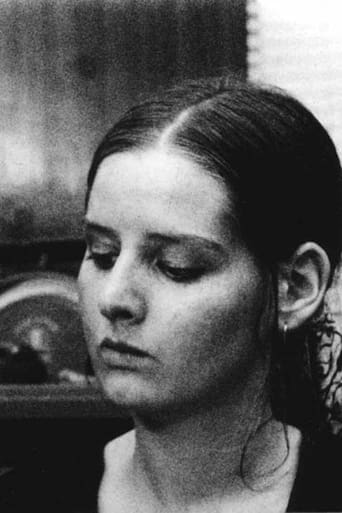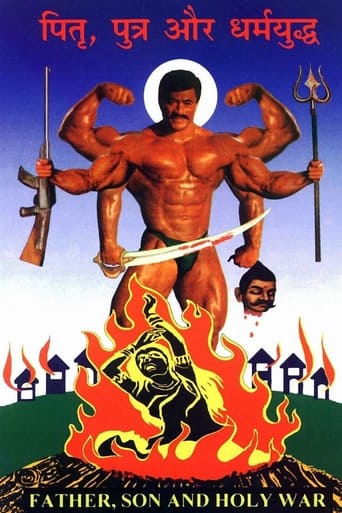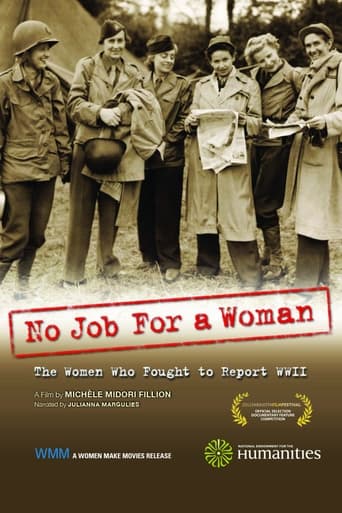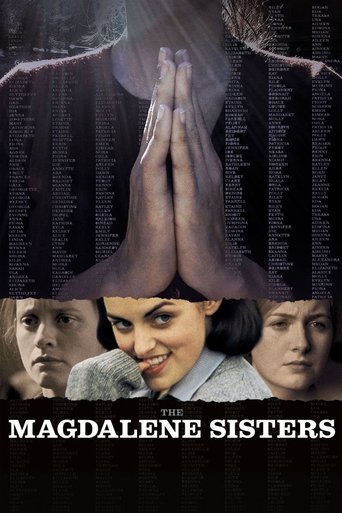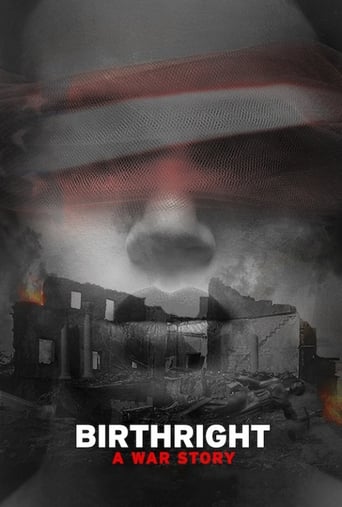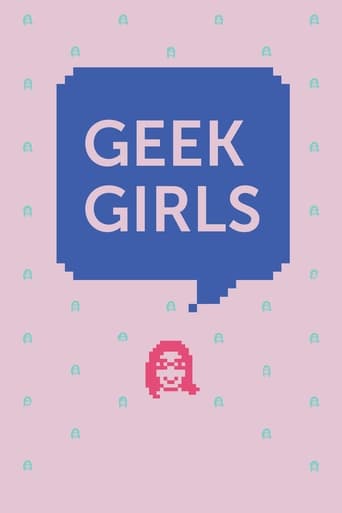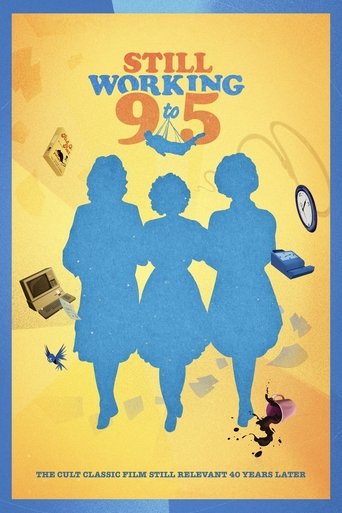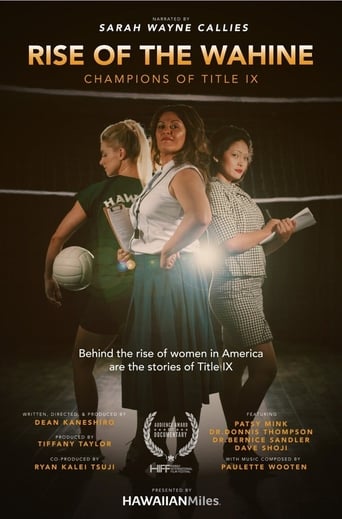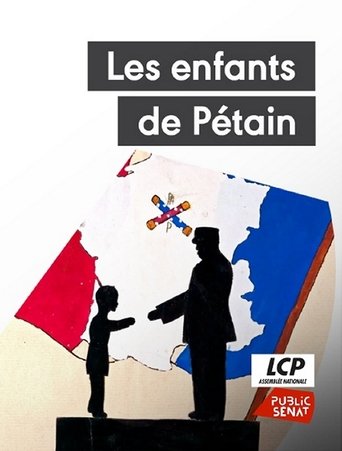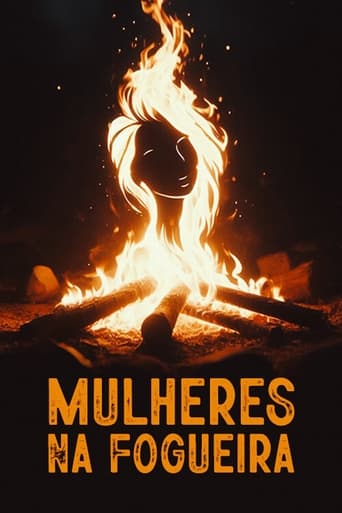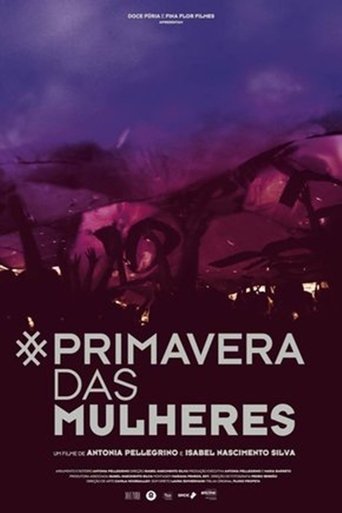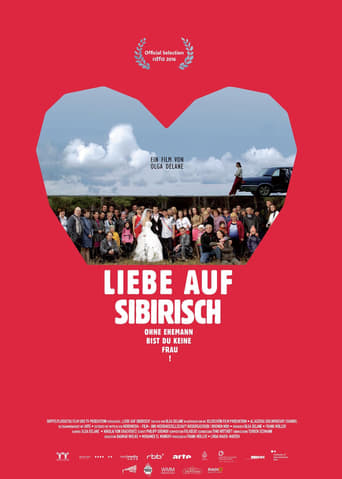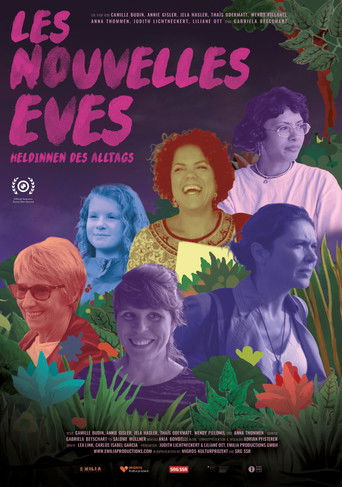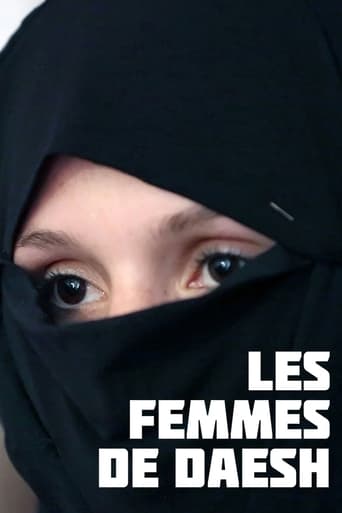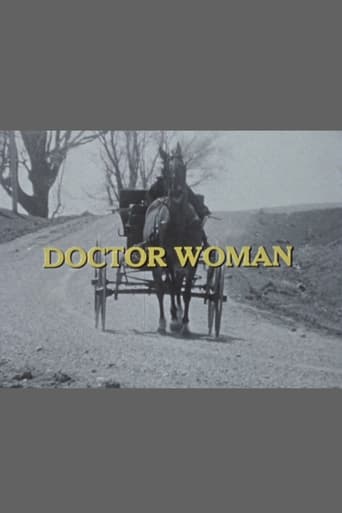
01 Jan 1978

Doctor Woman: The Life and Times of Dr. Elizabeth Bagshaw
Elizabeth Bagshaw was a forerunner of the women's movement. As one of the first women to practise medicine in Canada, she had to overcome society's bias against women in medicine. During her seventy-year career she helped to instigate change in public opinion on that issue, as well as the issue of birth control. The film captures the personality of this remarkable woman through a contemporary interview and re-enactments of episodes from her youth. The sepia tones of the re-enactments are in keeping with the film techniques of the time, giving the viewer a strong sense of the period. The film is of special interest to persons interested in the evolution of women's roles in Canadian society.
